Residential Solar Power Solutions for Your Home
At Gold Path Solar, we make it simple and hassle-free to harness the power of the sun! As a trusted provider of residential solar solutions, we specialize in personalized installations designed to meet your needs and provide instant savings.
Our approach is easy! We take care of every step ourselves, from your personal quote to installation and ongoing support – all with no subcontracting. This means you get dedicated service with clear timelines, exceptional attention to detail, and a team that’s with you from start to finish. With Gold Path Solar, you’ll enjoy a seamless transition to solar, backed by a company that’s committed to your satisfaction every step of the way.
Get a Free Quote today and start saving instantly!
Why Choose Solar Power for Your Home?
When you switch to solar power for your home, you’ll maximize your energy savings and minimize your carbon footprint. With zero out-of-pocket financing, there’s never been a better time for solar.
Significant Cost Savings & ROI for Homeowners
Start saving right away! Solar panels for your home can instantly reduce your monthly utility bills. Plus, with state-specific rebates and tax incentives, going solar is not only affordable but a smart financial move with impressive long-term returns.
Energy Independence for Households
With solar for home, you gain control over your energy supply. Producing your own power means less reliance on the public grid, which is helpful during outages or high-demand periods.
Environmental Impact of Home Solar Installations
Home solar energy systems are a powerful way to reduce carbon emissions, benefiting both the community and the planet. By opting for solar energy, homeowners contribute to a cleaner environment and help pave the way for a greener, brighter future.
Increase in Property Value
Installing solar electric panels is an easy way to raise property values. It’s an investment that not only pays off in energy savings immediately but can add additional appeal in the real estate market.
Discover the benefits of solar energy for your home. Call for a Free Quote!
Solar Power Installations Tailored for Residential Needs
Gold Path Solar stands out by offering a streamlined, hassle-free solar installation experience designed for homeowners. Our commitment to personalized service and exceptional quality means that every step of the process is efficient, transparent, and worry-free.
Interested in a tailored solar solution for your home? Contact Us Today for a free quote!
Gold Path Solar’s Approach to Residential Solar Power
At Gold Path Solar, we’re committed to making solar power for home use easy and as seamless as possible. Our approach combines expertise, high-quality materials, and ongoing support to deliver a unique home solar system experience that provides you with instant savings.
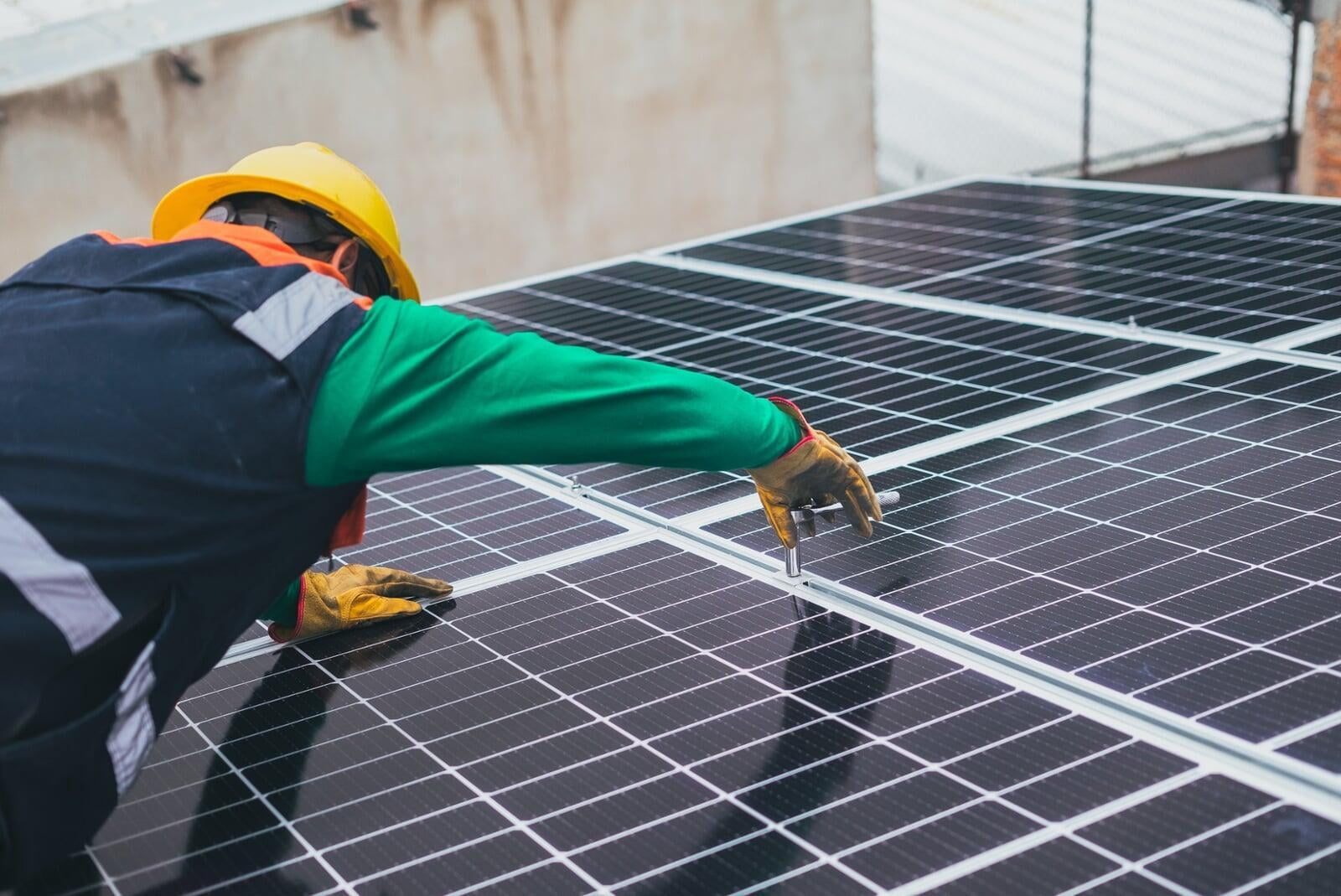
Certified, Experienced Installers for Homes
Our team of certified professionals specializes in residential installations. With extensive experience across different home styles and locations, we ensure safe, efficient, and effective solar system setups for every project.
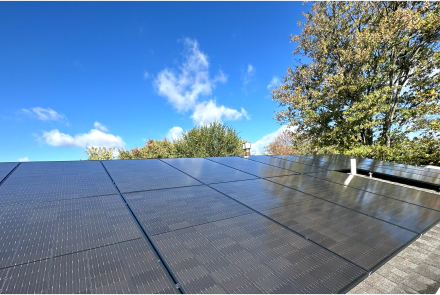
Premium Solar Panel Selection
We offer top-tier solar energy systems built for durability and efficiency. Our panels are selected for their longevity and come in various options to match regional weather conditions and home aesthetics.
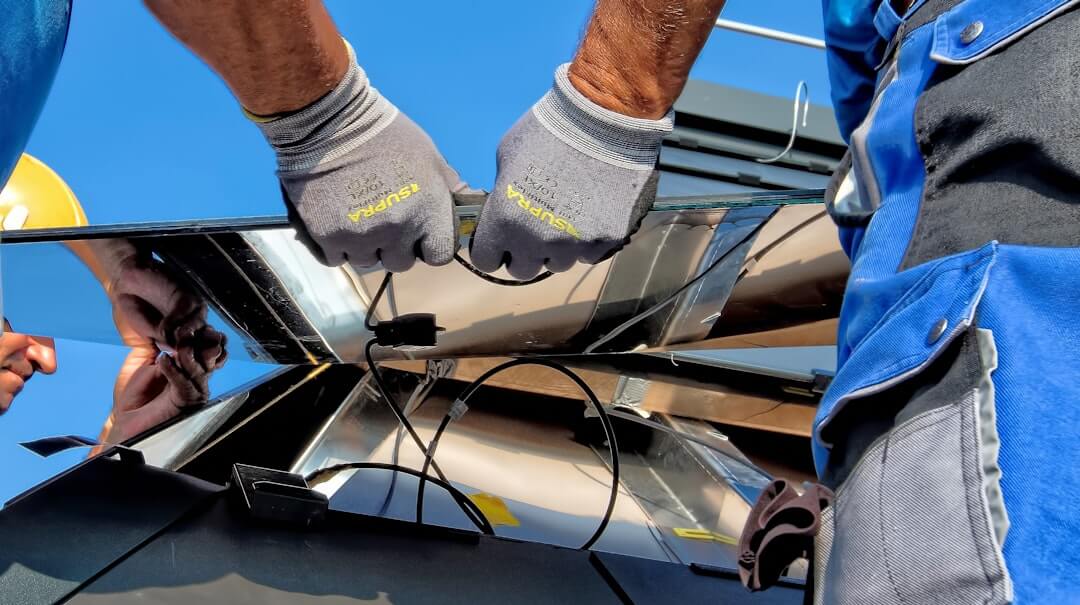
Ongoing Support & Maintenance Services
We provide solar operations and maintenance support for Gold Path Solar homeowners through our industry-leading warranty along with access to solar performance monitoring. We’re dedicated to keeping your solar energy system running at peak efficiency.

Expert Guidance on Solar Tax Credits and Homeowner Incentives
Our team assists homeowners in understanding and using state and federal solar incentives. We maximize your savings by ensuring you take full advantage of available tax credits and rebates.
Ready to go solar? Start with a quick and easy quote and see how much you can save with Gold Path Solar!
Key Benefits of Partnering with Gold Path Solar
Choosing Gold Path Solar as your residential solar installer means benefiting from a proven approach that prioritizes quality, efficiency, and reliability. Our commitment to excellence ensures your business receives the best residential solar power solutions.
Certified and Trusted Installation Experts
Our team is made up of certified professionals with extensive experience in residential solar installations.
High-Quality, Durable Solar Products
We use only the highest-grade solar panels and advanced technology. Our residential solar power products are designed for durability, giving your home reliable energy for years to come.
Comprehensive Maintenance Services
We offer ongoing maintenance and monitoring options to keep your system operating at peak performance. From regular inspections to real-time energy tracking, we make sure your investment continues to deliver maximum benefits.
Ready to experience the Gold Path Solar advantage? Get in touch today to learn more about our residential solar power solutions!
How It Works – Steps to Solar Installation for Residential Buildings
Gold Path Solar makes the transition to solar energy simple and efficient with immediate savings. Here’s a step-by-step overview of our streamlined installation process for residential buildings.

Step 1 Consultation & Design
We start with a no-obligation consultation, where you’ll speak with one of our dedicated solar experts. They will ask you about your home, energy usage and solar goals and combine those factors with the local permitting and utility rules to create your personalized solar energy solution. Solar power for your home can be complicated, but your solar advocate will be able to simplify the process and answer all of your questions. If solar is a fit for you, your solar advocate will help you evaluate the industry’s most competitive solar financing options to determine your preferred payment method.
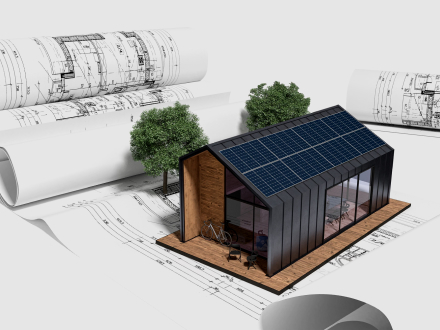
Step 2 Site Survey
After you have been onboarded the next step is your solar site survey. This appointment will involve one of our in-house solar technicians who will gather information from your roof, electrical panel, meter and other important items that will allow our team to finalize the engineering plans for your home solar power system. The engineering plans will then be used to file your permit and utility interconnection applications.
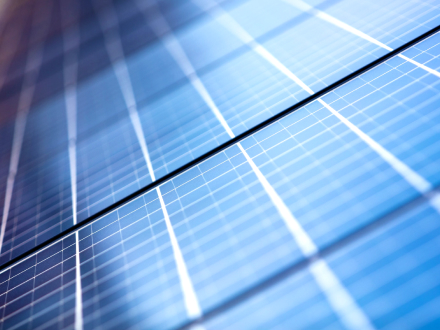
Step 3 Permit & Utility Approvals
First, it’s important to know that your solar advocate will stay with you throughout the entire process. You’ll have a single point of communication to work with as your project moves through the permit and interconnection processes. Our in-house operations team will handle all applications and fees to ensure your solar project is up to code and ready for install day. Once your interconnection has been approved and a permit is secured, you will be put on our schedule!
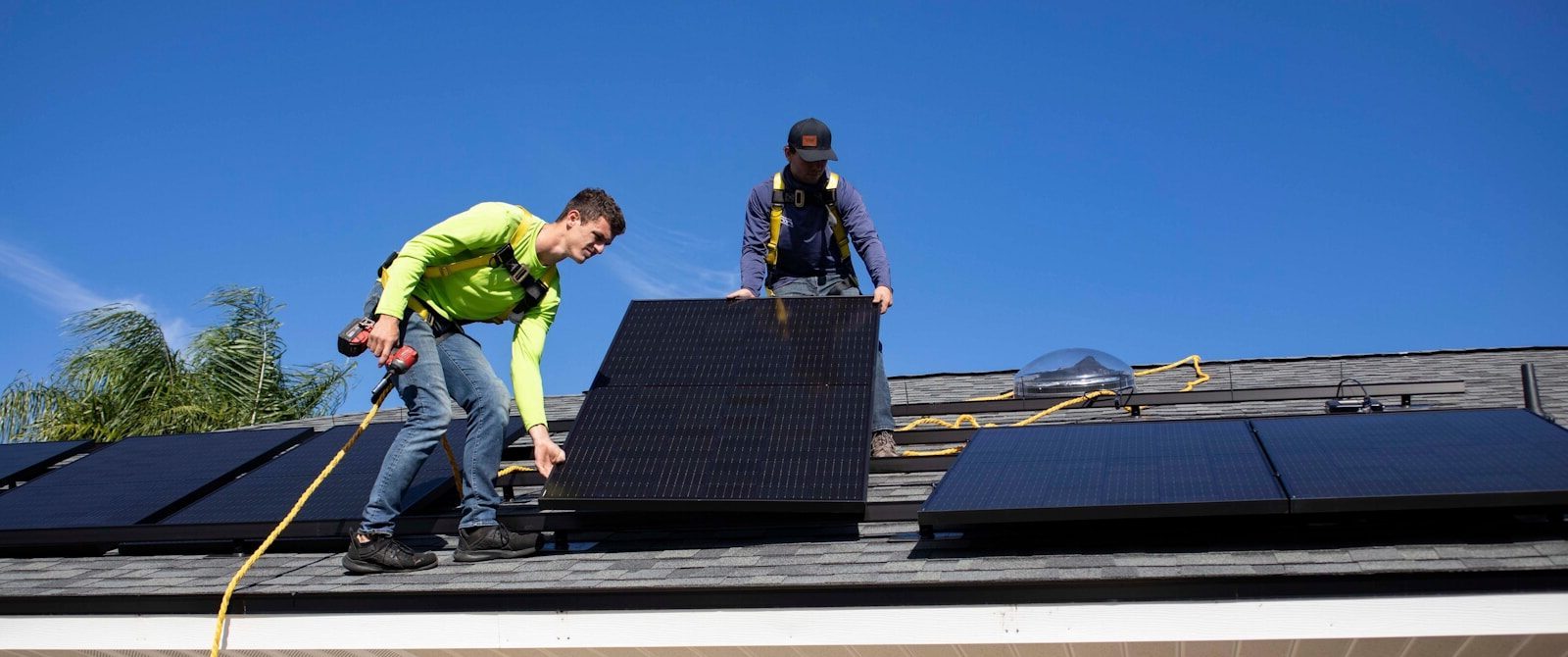
Step 4 Solar Installation
Our certified residential solar installers handle every aspect of the installation with minimal disruption to your daily operations. Once activated, your home will start benefiting from solar energy savings.
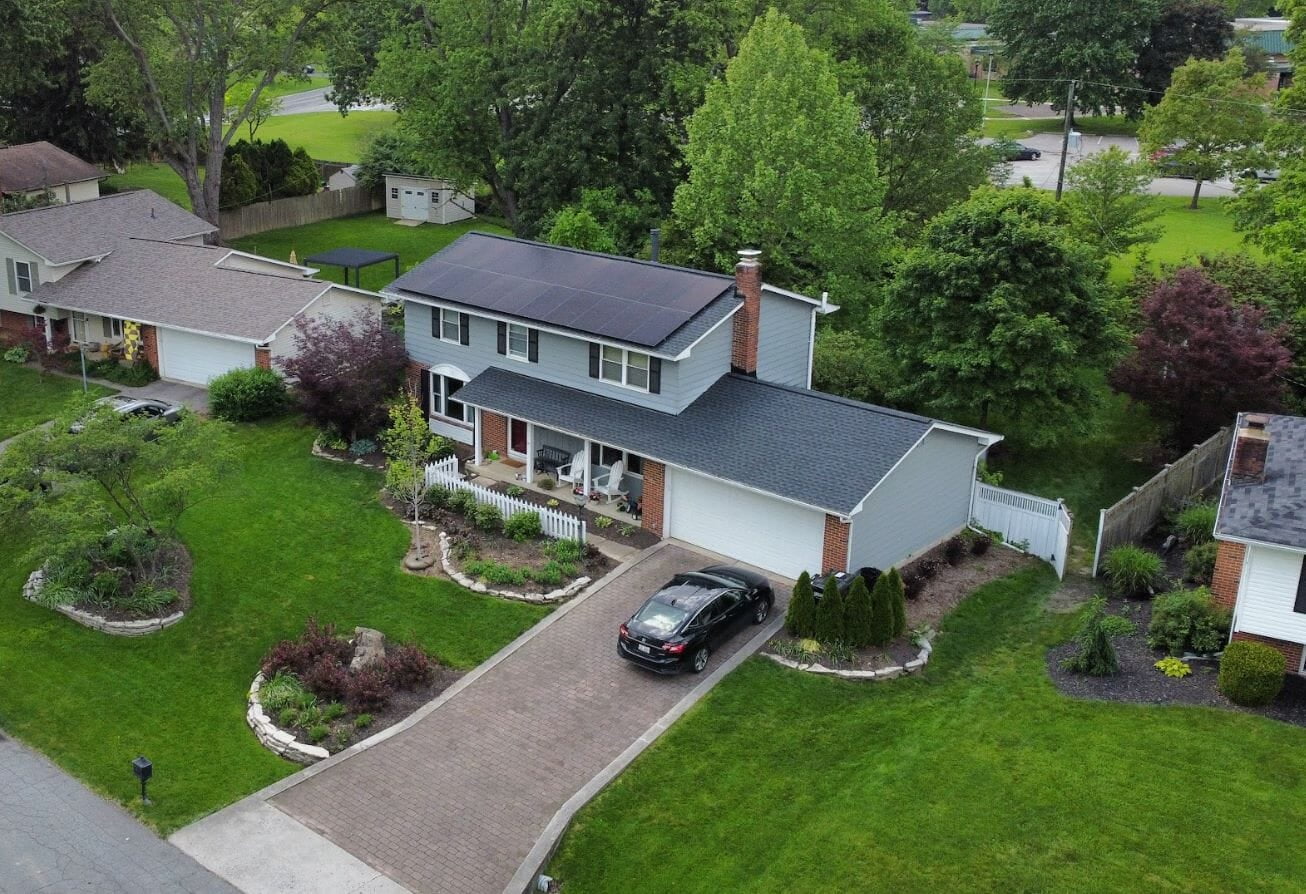
Step 5 Ongoing Support & Monitoring
Post-installation, we remain committed to your success. We offer monitoring and maintenance services to ensure your residential solar system continues to operate at peak efficiency, providing reliable energy for years to come.